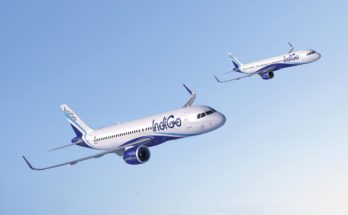
The Soyuz rocket, a workhorse of Russian launch vehicles, will no longer launch from French Guiana due to the current war in Ukraine. Directly citing Western sanctions, Dmitry Rogozin (head of Roscosmos) said in the statement that 87 Russian employees that support Soyuz will be withdrawn. The end of cooperation on launches with the European Space Agency will likely delay deployment of satellites for the time being.
Soyuz is designed to deliver payloads to various orbits from the Plesetsk Cosmodrome in Russia, the Baikonur Cosmodrome in Kazakhstan, and the Kourou Spaceport in French Guiana. Soyuz launch vehicles also carry Soyuz crew transport spacecraft and Progress cargo transfer vehicles from Russia. The Soyuz-ST variant is launched from French Guiana, and its performance fits in between the light launch vehicle Vega and the heavy Ariane 5.
Although Ariane 5 launches dwarf the number of Soyuz launches from Kourou, the cancellation of Soyuz launches will have an effect. Galileo satellites will be the first affected by this change in operations. Slated to launch in April, two Galileo spacecraft will likely be delayed. There have been 27 Soyuz launches from Kourou since 2011.
Russia still maintains its ability to access space from its own cosmodromes and, as of writing, International Space Station operations remain normal. With regard to the Galileo satellites, they have been launched on Ariane 5 rockets before, and ESA will likely shift launches to that launch vehicle.
Carter Palmer has long held a keen interest in military matters and aviation. As an analyst for Industrial & Marine Turbine Forecast, Carter specializes in examining key gas turbine programs for electrical power generation, mechanical drive, and marine propulsion applications. He is also responsible for updating the reports and analyses within the Space Systems Forecast – Launch Vehicles & Manned Platforms and Space Systems Forecast – Satellites & Spacecraft products.



